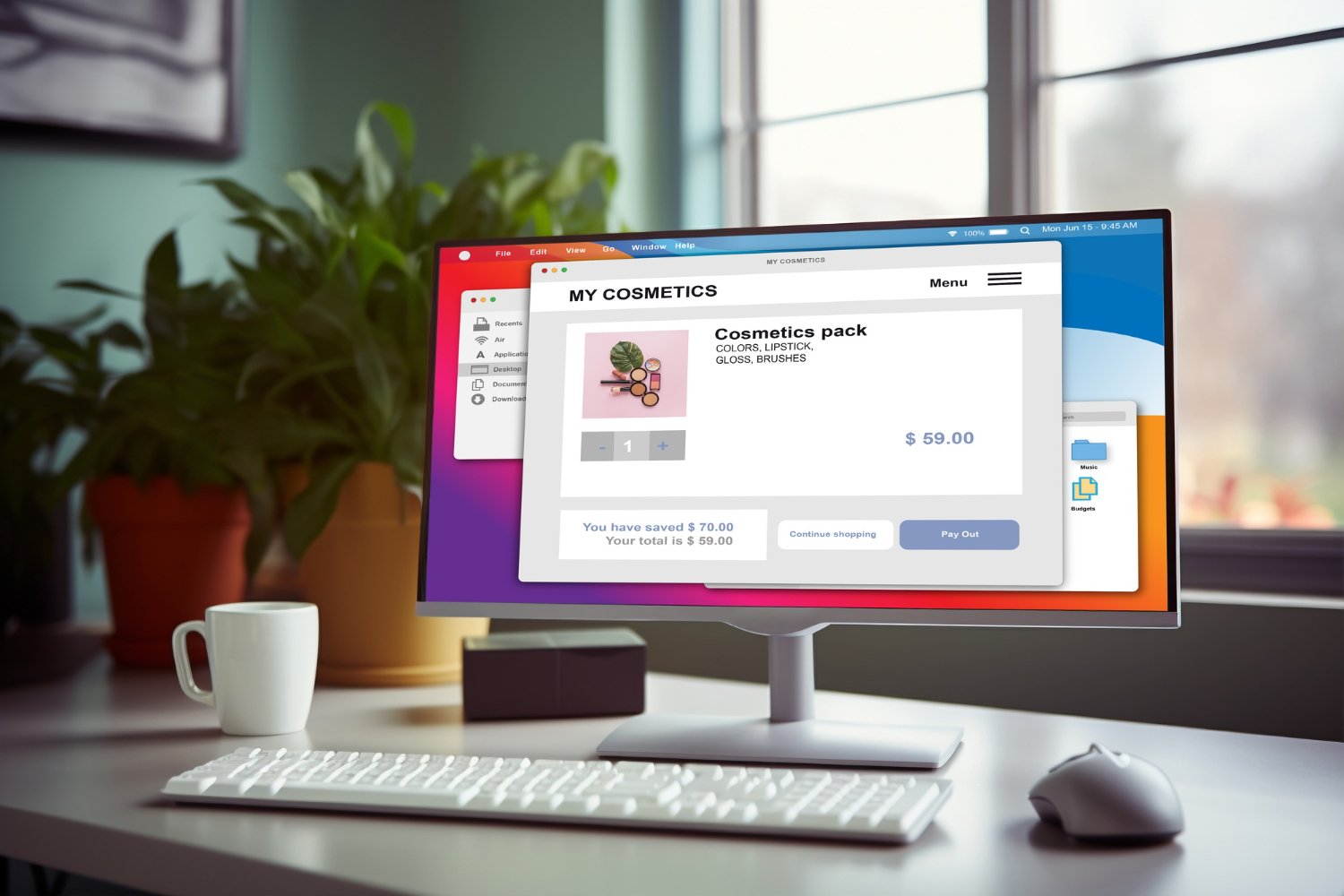In today’s digital era, the pharmaceutical industry faces unique challenges and opportunities in marketing its products and services. Traditional methods, such as print advertisements, in-person sales calls, and medical conferences, once dominated the marketing landscape. However, the digital revolution has transformed how pharmaceutical companies engage with healthcare professionals and patients. This transformation is driven by several factors, including increased internet usage, changing patient behavior, regulatory changes, and technological advancements.
With the proliferation of smartphones and widespread internet access, more people are turning to online resources for health-related information. Patients are becoming proactive in managing their health, often seeking information online before consulting healthcare providers. This shift in patient behavior has created a demand for reliable, easily accessible information, presenting a significant opportunity for pharmaceutical companies to connect with their audience through digital channels.
Moreover, regulatory bodies have introduced guidelines to ensure the ethical promotion of pharmaceutical products. These regulations necessitate transparent and compliant marketing practices, compelling companies to rethink their strategies and adopt innovative approaches. At the same time, technological advancements have paved the way for sophisticated digital tools and platforms, enabling more targeted and personalized marketing campaigns.
In this dynamic landscape, pharmaceutical companies must stay ahead of the curve by leveraging digital marketing trends and strategies. This blog will explore the latest trends in pharmaceutical digital marketing, such as content marketing, SEO, social media marketing, email marketing, data-driven marketing, and mobile marketing. It will also highlight the importance of compliance and ethical considerations in marketing efforts.
As an advertising agency, Artbuzz Advertising Agency recognizes the importance of navigating this complex field. By understanding and implementing these trends and strategies, pharmaceutical companies can effectively reach and engage their target audience, ultimately driving growth and success in the ever-evolving digital age.
The Evolution of Pharmaceutical Marketing
Pharmaceutical marketing has come a long way from traditional methods such as print advertisements, in-person sales calls, and medical conferences. While these methods are still relevant, the digital age has introduced new avenues for reaching healthcare professionals and patients. The shift towards digital marketing has been driven by several factors:
- Increased Internet Usage: With the proliferation of smartphones and internet access, patients and healthcare providers are increasingly turning to online resources for information.
- Changing Patient Behavior: Patients are becoming more proactive in managing their health, seeking information online before consulting healthcare providers.
- Regulatory Changes: Governments and regulatory bodies have introduced guidelines to ensure the ethical promotion of pharmaceutical products, necessitating transparent and compliant marketing practices.
- Technological Advancements: The development of sophisticated digital tools and platforms has enabled more targeted and personalized marketing campaigns.
Key Trends in Pharmaceutical Digital Marketing
1. Content Marketing
Content marketing is a cornerstone of digital marketing strategies across industries, and the pharmaceutical sector is no exception. High-quality, informative content can help build trust and credibility with both healthcare professionals and patients. Here are some effective content marketing strategies:
- Educational Blog Posts: Create blog posts that provide valuable information about diseases, treatments, and the latest medical research. This can position your brand as a thought leader in the industry.
- Patient Stories: Share testimonials and success stories from patients who have benefited from your products. This humanizes your brand and creates an emotional connection with your audience.
- Webinars and Online Workshops: Host webinars featuring medical experts discussing relevant topics. This not only educates your audience but also fosters engagement and interaction.
2. Search Engine Optimization (SEO)
SEO is crucial for ensuring that your content is discoverable by your target audience. Effective SEO strategies for pharmaceutical marketing include:
- Keyword Research: Identify and target relevant keywords that your audience is searching for. This includes both general terms and long-tail keywords specific to certain conditions or treatments.
- On-Page Optimization: Optimize your website’s content, meta descriptions, and tags to improve search engine rankings.
- Backlink Building: Earn high-quality backlinks from reputable medical websites and journals to boost your site’s authority.
3. Social Media Marketing
Social media platforms provide an opportunity to engage with your audience on a more personal level. However, pharmaceutical companies must navigate strict regulations to ensure compliance. Effective social media strategies include:
- Patient Engagement: Use social media to share educational content, answer patient questions, and provide support. Platforms like Facebook and Twitter can be used to create communities where patients can share experiences and support each other.
- Influencer Partnerships: Collaborate with healthcare influencers and experts to amplify your message and reach a wider audience.
- Visual Content: Utilize visual content such as infographics and videos to explain complex medical information in an easily digestible format.
4. Email Marketing
Email marketing remains a powerful tool for nurturing relationships with healthcare professionals and patients. Effective email marketing strategies include:
- Personalization: Segment your email lists based on the interests and needs of your audience. Personalized emails with relevant content are more likely to be opened and engaged with.
- Automated Campaigns: Use automated email campaigns to send timely information, such as new research findings, product updates, and educational resources.
- Compliance: Ensure that all email communications comply with regulations, including obtaining proper consent and providing opt-out options.
5. Data-Driven Marketing
Data analytics is revolutionizing the way pharmaceutical companies approach marketing. By leveraging data, you can gain insights into your audience’s behavior and preferences, allowing for more targeted and effective campaigns. Key strategies include:
- Audience Segmentation: Use data to segment your audience based on demographics, behavior, and preferences. This allows for more personalized and relevant marketing messages.
- Predictive Analytics: Utilize predictive analytics to anticipate future trends and patient needs. This can inform your marketing strategies and help you stay ahead of the competition.
- Performance Tracking: Continuously monitor and analyze the performance of your marketing campaigns. Use this data to refine your strategies and improve ROI.
6. Mobile Marketing
With the increasing use of mobile devices, optimizing your marketing efforts for mobile is essential. Strategies include:
- Responsive Design: Ensure that your website and email content are mobile-friendly and provide a seamless user experience.
- Mobile Apps: Develop mobile apps that provide valuable information and resources to patients and healthcare professionals. Apps can also be used to collect data and provide personalized recommendations.
- SMS Marketing: Use SMS marketing to send timely updates, reminders, and educational content. SMS has a high open rate and can be an effective way to reach your audience quickly.
Compliance and Ethical Considerations
Marketing pharmaceutical products comes with a unique set of challenges, particularly regarding compliance and ethics. It is essential to adhere to regulatory guidelines to ensure that your marketing efforts are both effective and compliant. Key considerations include:
- Transparency: Provide clear and accurate information about your products, including potential side effects and risks.
- Privacy: Protect patient data and ensure that all data collection and usage comply with privacy regulations.
- Regulatory Compliance: Stay up-to-date with regulations from bodies such as the FDA (Food and Drug Administration) and EMA (European Medicines Agency). Ensure that all marketing materials are reviewed and approved by legal and regulatory teams.
Conclusion
The pharmaceutical industry is undergoing a digital transformation, and effective marketing strategies are crucial for staying competitive. By leveraging trends such as content marketing, SEO, social media, email marketing, data-driven marketing, and mobile optimization, pharmaceutical companies can reach and engage their target audience more effectively. However, it is essential to navigate this landscape with a strong focus on compliance and ethics to build trust and credibility.
At Artbuzz Advertising Agency, we understand the complexities of pharmaceutical marketing and are committed to helping our clients succeed in this dynamic environment. By staying ahead of the latest trends and implementing innovative strategies, we empower pharmaceutical companies to connect with healthcare professionals and patients in meaningful ways.




